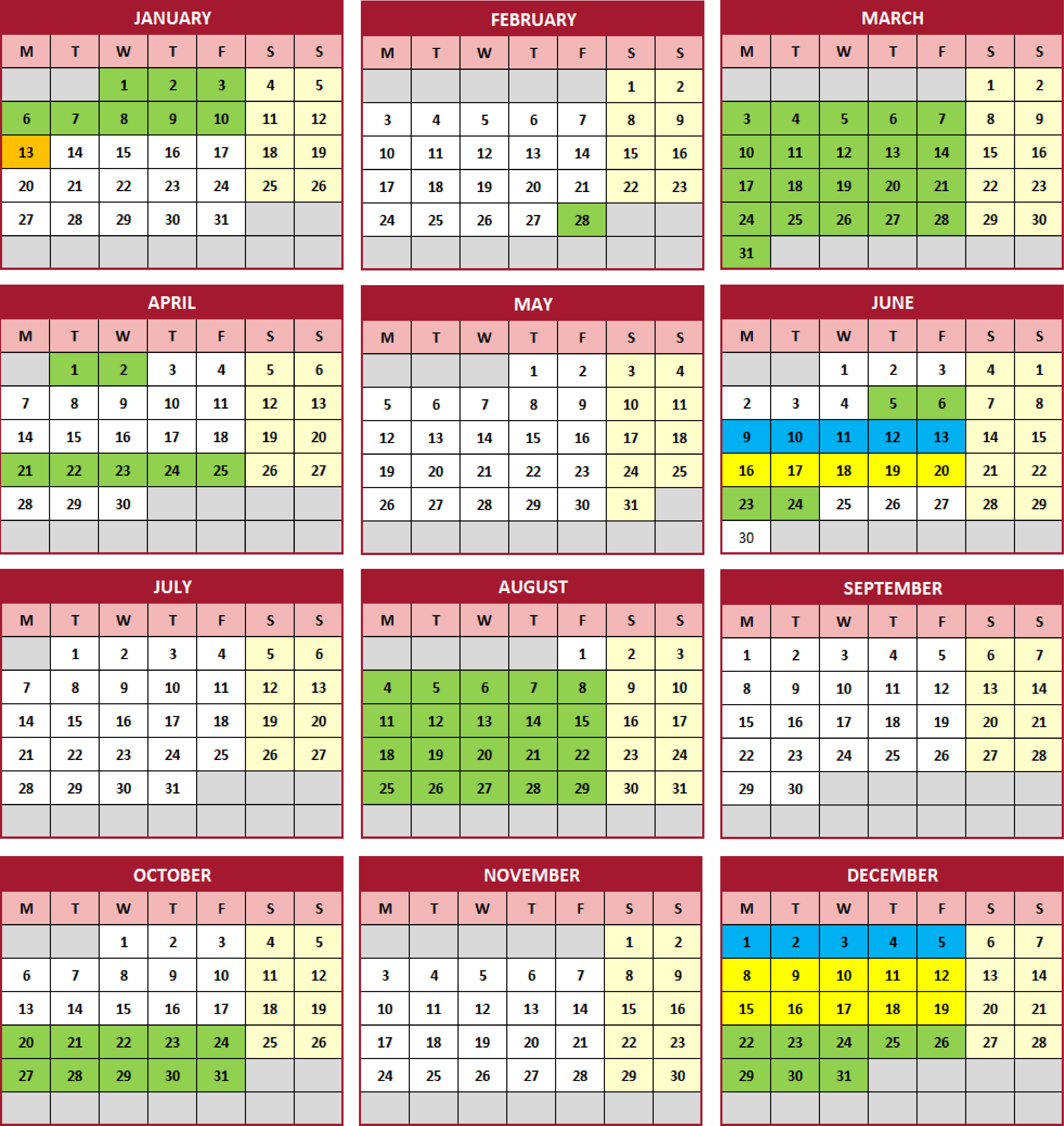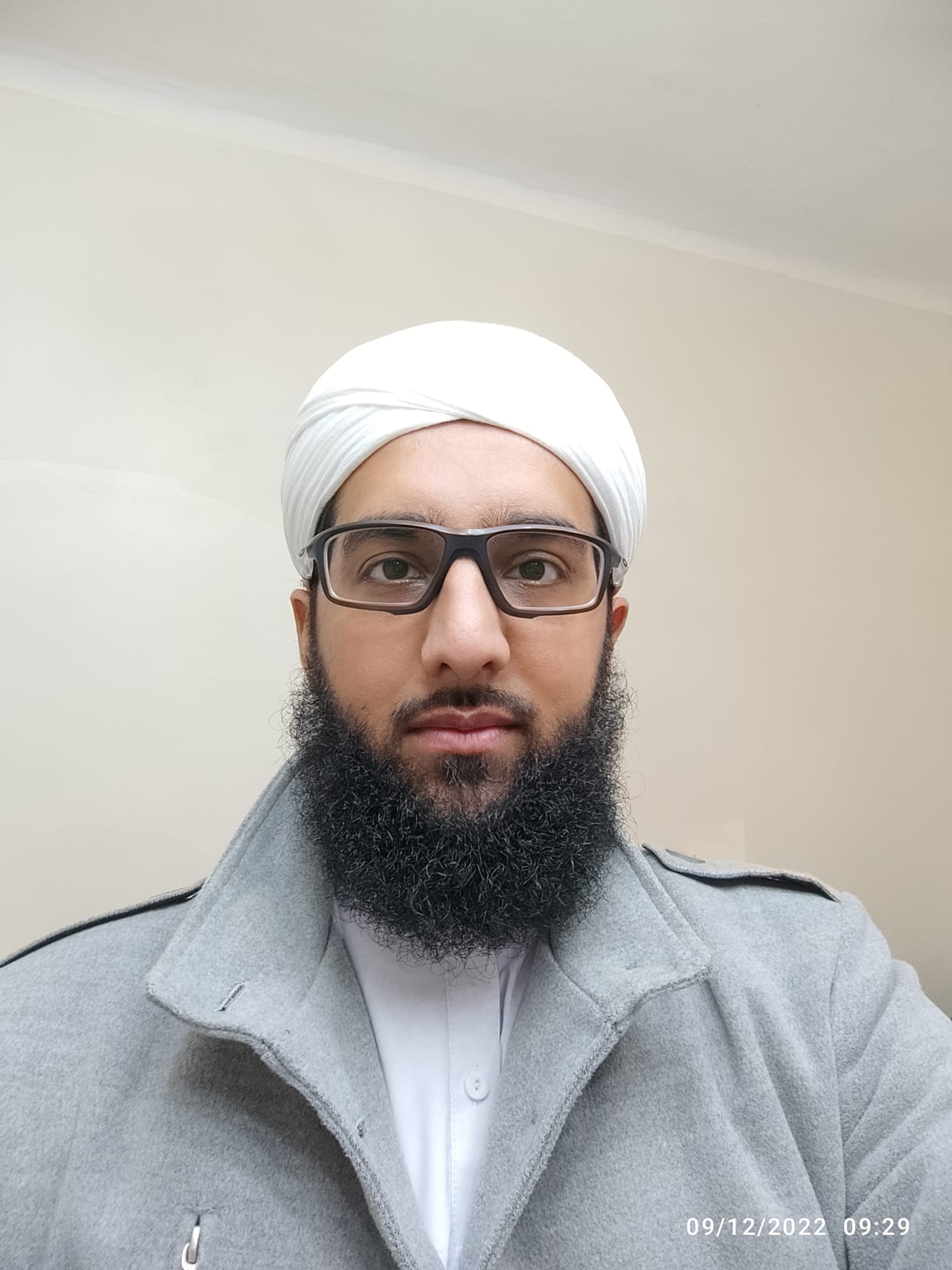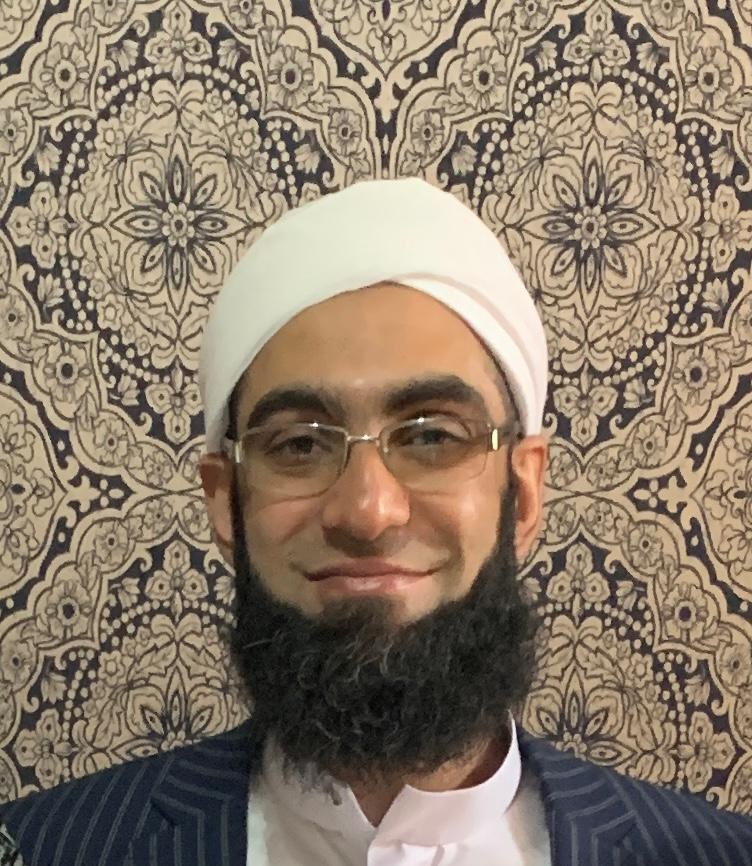
As-Suffa, founded by Shaykh Zahir Mahmood, inaugurated in 2004 primarily as a Maktab, providing essential Islamic education to children ranging from the age of 5 to 16. Throughout the years As-Suffa has grown immensely, commencing our part-time Alimiyyah in 2008 thereafter our full-time Alimiyyah course in 2011. Both of these courses have provided rigorous education, mixing both the traditional pedagogical methods with modern teaching pedagogies, for both males and females from the age of 16 upwards at our base in Aston. Through Allah’s help As-Suffa has produced 45 Aalims and 45 Aalimats, many of whom are now engrossed in serving their local communities and the Ummah at large.
From January 2023 As-Suffa Alimiyyah widened its horizons beyond Birmingham, aiming to benefit enthusiastic students outside Birmingham and beyond. As-Suffa launched its very own stand-alone 6-year Online Alimiyyah Course for both males and females. After much success As-Suffa will once again open up this course for a new intake of students for January 2026.
This online set up has allowed students worldwide to benefit from the undivided attention of their teachers. As well as aid ardent students to benefit from the high calibre of education provided by the exceptional staff at As-Suffa. Students have been given the tools and skills to confidently serve, guide and lead their communities effectively.
This course is primarily aimed at students who are unable to commit to studying during the day due to work, studies or any other commitments, providing these students with the platform to also benefit and learn the sacred Islamic sciences. This course provides students with a firm grounding in Arabic language and the core Islamic sciences, creating competent students who are able to understand the Deen in light of the modern era. Graduates will receive shahadahs and ijazahs from their highly qualified teachers upon completion of the course, in addition to the in-depth grasp and understanding of the Deen they will undoubtedly gain from their years of study. This will lay down the foundation for graduating students to further their expertise in the Islamic Sciences.
‘All new students must pay a £60 enrolment. Thereafter, fees will be £1100 if paid in one lump sum or £1200 if paid in instalments (3 instalments of £400). Payments are to be made on the link.
Classes will run Monday to Friday from 6.30pm to 9.30pm UK Time (GMT):

The Academic year consists of 34 teaching weeks, 2 revision weeks and 2 exam weeks.

Aims/Objectives:
Over two years students will study ‘From the Treasures of Arabic Morphology’ and ‘Ilm Al-Seegah'.
In the first-year students will study ‘From the Treasures of Arabic Morphology’.
Aims/Objectives:
Over three years students will study ‘Tasheelun Nahw’ and ‘Hidaayatun Nahw’.
In the first-year students will study ‘Tasheelun Nahw’.
Aims/Objectives:
Over three years students will study ‘Qasasun Nabiyyeen’ parts 1 to 5
In the first-year students will cover ‘Qasasun Nabiyyeen’ from the story of Ibrahim (AS) to Nuh (AS).
Aims/Objectives:
Over three years students will study selected chapters from an array of books such as ‘Arabic Tutor’, ‘Duroosul Lugatul Arabiyyah’, ‘Bayna Yadayk’ and others.
Aims/Objectives:
Over two years students will study the complete life of the Prophet Muhammad (ﷺ).
In the first-year students will study from the Birth of the Messenger of Allah (ﷺ) to the Battle of Khandaq.
Aims/Objectives:
Over four years students will complete the ‘Tajweed Kapi’, memorise Juzz Amma, and recite portions of the Quran to their teacher.
Aims/Objectives:
Over the five years study ‘Ascent to Felicity’, ‘Al-Qudoori’ and selected chapters of ‘Al-Hidaayah’.
In the first-year students will complete ‘Ascent to Felicity’.
Aims/Objectives:
Over four years students will complete Al-Baajoori's ‘Introduction to Islamic Creed’, AqeedahTahawiyyah and other advanced Aqeedah books. In addition, some lessons will also be used to tackle contemporary issues within the Aqeedah framework.
Aims/Objectives:
Over three years students will study ‘Tasheelun Nahw’ and ‘Hidaayatun Nahw’.
Aims/Objectives:
Over two years students will study ‘From the Treasures of Arabic Morphology’ and ‘Ilm Al-Seegah'.
Aims/Objectives:
Over three years students will study ‘Qasasun Nabiyyeen’ parts 1 to 5.
Aims/Objectives:
Over three years students will study selected chapters from an array of books such as ‘Arabic Tutor’, ‘Duroosul Lugatul Arabiyyah’, ‘Bayna Yadayk’ and others.
Aims/Objectives:
Over two years students will study the complete life of the Prophet Muhammad (ﷺ).
Aims/Objectives:
Over four years students will translate the entirety of the Quran as well as gaining exposure to a plethora of exegeses.
Aims/Objectives:
Over four years students will complete the ‘Tajweed Kapi’, memorise Juzz Amma, and recite portions of the Quran to their teacher.
Aims/Objectives:
Over four years students will complete Al-Baajoori's ‘Introduction to Islamic Creed’, AqeedahTahawiyyah and other advanced Aqeedah books. In addition, some lessons will also be used to tackle contemporary issues within the Aqeedah framework.
Aims/Objectives:
Over three years students will study ‘Tasheelun Nahw’ and ‘Hidaayatun Nahw’.
Aims/Objectives:
Over three years students will study ‘Qasasun Nabiyyeen’ parts 1 to 5.
Aims/Objectives:
Over three years students will study selected chapters from an array of books such as ‘Arabic Tutor’, ‘Duroosul Lugatul Arabiyyah’, ‘Bayna Yadayk’ and others.
Aims/Objectives:
Over four years students will complete the ‘Tajweed Kapi’, memorise Juzz Amma, and recite portions of the Quran to their teacher.
Aims/Objectives:
Over the five years study ‘Ascent to Felicity’, ‘Al-Qudoori’ and selected chapters of ‘Al-Hidaayah’.
Aims/Objectives:
Over four years students will translate the entirety of the Quran as well as gaining exposure to a plethora of exegeses.
Aims/Objectives:
Over four years students will study ‘Muwatta Imam Muhammad’, ‘Mishkaatul Masaabeeh’, ‘Saheehul Bukhaari’, ‘Saheeh Muslim’, ‘Al-Tirmidhi’, ‘Ibn Majah’, ‘Abu Dawood’ and ‘Al-Nasaai’.
Aims/Objectives:
Over two years students will study ‘Mabaadiul Usool’ and ‘Usoolul Shaashi’.
Aims/Objectives:
Over four years students will complete Al-Baajoori's ‘Introduction to Islamic Creed’, AqeedahTahawiyyah and other advanced Aqeedah books. In addition, some lessons will also be used to tackle contemporary issues within the Aqeedah framework.
Aims/Objectives:
Over four years students will complete the ‘Tajweed Kapi’, memorise Juzz Amma, and recite portions of the Quran to their teacher.
Aims/Objectives:
Over the five years study ‘Ascent to Felicity’, ‘Al-Qudoori’ and selected chapters of ‘Al-Hidaayah’.
Aims/Objectives:
Over four years students will translate the entirety of the Quran as well as gaining exposure to a plethora of exegeses.
Aims/Objectives:
Over four years students will study ‘Muwatta Imam Muhammad’, ‘Mishkaatul Masaabeeh’, ‘Saheehul Bukhaari’, ‘Saheeh Muslim’, ‘Al-Tirmidhi’, ‘Ibn Majah’, ‘Abu Dawood’ and ‘Al-Nasaai’.
Aims/Objectives:
Over two years students will study ‘Mabaadiul Usool’ and ‘Usoolul Shaashi’.
Aims/Objectives:
Students will study ‘Safeenatul Bulagaa’ and the English notes designed by the teacher.
Aims/Objectives:
Aims/Objectives:
Students will study English notes designed by the teacher.
Aims/Objectives:
Students will study ‘Mabaadi Fi Usoolul Hadeeth Wa Isnaad’, as well as English notes designed by the teacher.
Aims/Objectives:
Over four years students will complete Al-Baajoori's ‘Introduction to Islamic Creed’, AqeedahTahawiyyah and other advanced Aqeedah books. In addition, some lessons will also be used to tackle contemporary issues within the Aqeedah framework.
Aims/Objectives:
Over the five years study ‘Ascent to Felicity’, ‘Al-Qudoori’ and selected chapters of ‘Al-Hidaayah’.
Aims/Objectives:
Aims/Objectives:
Over four years students will study ‘Muwatta Imam Muhammad’, ‘Mishkaatul Masaabeeh’, ‘Saheehul Bukhaari’, ‘Saheeh Muslim’, ‘Al-Tirmidhi’, ‘Ibn Majah’, ‘Abu Dawood’ and ‘Al-Nasaai’.
Aims/Objectives:
Over four years students will study ‘Muwatta Imam Muhammad’, ‘Mishkaatul Masaabeeh’, ‘Saheehul Bukhaari’, ‘Saheeh Muslim’, ‘Al-Tirmidhi’, ‘Ibn Majah’, ‘Abu Dawood’ and ‘Al-Nasaai’.

The founder and principal of As-Suffa Institute and Outreach. Graduated from Darul Uloom Newcastle, South Africa. Holds a BA (Hons) in Islamic Theology.
Shaykh was born and raised in the United Kingdom. After formal school studies, Shaykh enrolled onto the Alimiyyah course at Darul Uloom, Bury. Shaykh’s journey of studying the sacred sciences took him from the UK to Pakistan’s Jamiah Uloom Al-Islamiyyah, Banori Town and concluded with an ijaazah to teach from Darul Uloom, Newcastle, South Africa where Shaykh benefitted from the teaching and guidance of erudite scholars like Molana Qasim Sema (may Allah preserve them).
With an enthusing spirit and vision for the progress of the Deen in the UK, Shaykh returned and took on the role of the Khateeb for Jami Masjid- one of the largest in Birmingham, whilst studying for a BA in Islamic Theology from Birmingham University.
Through the lens of concern for the community and with an understanding of their culture and needs, Shaykh opened As-Suffa that comprised of the evening maktab for children and the part time Alimiyyah course providing comprehensive teaching of the sacred sciences for those who could not commit to full time study. Today, by the grace of Allah and then the determination of Shaykh, As-Suffa caters the full time and part time Alimiyyah course, Islamic Studies Diplomas, post-graduate courses, modular sciences, youth facilities and regular weekend courses. As-Suffa Outreach which began in 2015 was borne from the aspiration to act upon the Sunnah of the Prophet (peace be upon Him) in its totality- by serving each member of the community, in particular those who are the most vulnerable. Today the outreach branch has a Homeless Project, Foodbank, Mental Health Clinics, Domestic Violence Counselling, Legal Advice Help and local and national zakat distribution.
Shaykh is an internationally renowned speaker and has travelled extensively, from Barbados to Malaysia, with the objective of reviving the hearts with Islamic knowledge. The unique delivery style of Shaykh, radiating zeal and candour saw the success of the Islamic History series, which looked at the late and recent Muslim narrative in a revolutionary depth in the English language, and led to annual retreats studying the history and lessons of Muslim Spain.
May Allah Azzawajjal accept his efforts, grant him the ability to continue serving the community and bestow His Grace upon the teachers and students of Shaykh Zahir Mahmood.

Graduated from As-Suffa in 2022. Holds a BA (Hons) in Islamic Studies with Arabic Pathway.
Moulana began his studies at the age of 11 in Jamiatul Ilm Wal Huda (Blackburn), where he completed his GCSE's and the first few years of his Alimiyyah course. Moulana then moved closer to home and continued his studies at As-Suffa. Under the guidance of the prestige teachers at As-Suffa, Moulana completed his Alimiyyah Course in 2022.
Alongside his final 2 years of Alimiyyah, Moulana completed his BA in Islamic Studies with Arabic Pathway at Markfield Institute of Higher Education. For his dissertation, Moulana translated and analysed selected sections of Ibn ʿAbd Al-Bāqī’s ‘Al-Ṭirāz Al-Manqūsh Fī Maḥāsin Al-Ḥubūsh’, exploring the rich contributions made by Black figures to Islamic history and the notion of Anti-Black racism within Islam.
Moulana is currently a full-time teacher at As-Suffa where he teaches Nahw, Hadith and Quran Tafsir, alongside his duties as part time Imam at his local Masjid in Wednesbury (Masjid Al-Amin).
May Allah Azzawajjal accept his efforts, grant him the ability to continue serving the community and bestow His Grace upon the teachers and students of Moulana Sami.

Graduated from the Islamic Institute of Dewsbury in 2011. Holds a BA (Hons) in Philosophy and Psychological Studies and a MA in Philosophy.
Shaykh completed his Hifz & Alimiyyah program at the Islamic Institute of Dewsbury over the period of 10 years graduating in 2011. Thereafter, Shaykh did his BA (Hons) in Philosophy and Psychological Studies and then went on to complete his MA in Philosophy at the University of Warwick.
Currently, Shaykh is pursuing his PhD in Philosophical Theology at the University of Birmingham. Alongside his other duties as the full time Imam of Masjid Toheed Ul Islam (Aylesbury) and teaching at various other Institutes, including As-Suffa.
May Allah Azzawajjal accept his efforts, grant him the ability to continue serving the community and bestow His Grace upon the teachers and students of Shaykh Muhammad Yasir Al-Hanafi.

Moulana was born and raised in Manchester, United Kingdom. He completed his Hifz locally at Madrasah Taleemul Islam / Masjid Noor in Old Trafford in 2012, shortly after which he completed his A levels. In 2013, Moulana then enrolled onto the Alimiyyah course at Darul Uloom, Bury, where he remained until he concluded his studies there and graduated in 2019. Here, Moulana had the opportunity to study under the supervision of expert Hadith and Fiqh scholars such as Mufti Shabbir Ahmed, Mufti Tahir Wadee and others (حفظهم الله). Moulana also had the opportunity to be in the final class that Moulana Yusuf Motala (رحمه الله) taught Sahih al-Bukhari to, shortly after which he passed away later that year.
Moulana then travelled to Istanbul, Turkey, to further study some subjects such as Aqeedah, Mantiq and Usool al-Fiqh under various scholars from the likes of Damascus, Jordan and Yemen. Moulana also studied Turkish language whilst he was there. Upon returning a year later, he enrolled onto the MA programme in Islamic Education: Theory and Practice at the University of Warwick, which he hopes to complete within 2023. Moulana has also been teaching adults Arabic, Hadith, Aqeedah and Fiqh, in various educational institutes locally, for the last two years.
May Allah Azzawajjal accept his efforts, grant him the ability to continue serving the community and bestow His Grace upon the teachers and students of Moulana Habib Khalil.

Moulana began his early Islamic Studies in 1997 at Darul Uloom, Leicester. He then went on to complete his Hifz and GCSE’s at Darul Uloom, Bury in 2000.
Moulana then returned home to study A-Levels and further education which culminated in him attaining a degree as a Dentist from Birmingham University in 2008. Moulana currently works as a General Dental Practitioner at a local surgery, where he has been for the last 13 years.
In the early 2010s Moulana was torn between pursuing further education to become an orthodontist or to further his Islamic Education, he opted to join the Heirs of the Scholars course at As-Suffa. He dedicated his efforts towards this and graduated in 2022.
Moulana has held various other posts in the community ranging from governorship at a local secondary school, trusteeship in Islamic institutions and the opportunity to lead Taraweeh prayers locally for over 20 years.
May Allah Azzawajjal accept his efforts, grant him the ability to continue serving the community and bestow His Grace upon the teachers and students of Moulana Imtiaz Lorgat.
As well as the 15 hours of lesson time per week, this course will require students to spend at least 10 hours per week studying independently.
Yes, it is mandatory for all students to attend all live classes. Punctuality will be closely monitored.
For students with extenuating circumstances live recordings may be provided by the course director.
The course is taught in the English language initially. As students' progress, selected lessons will take place in Arabic.
Students will be assessed with presentations, assignments and timed exams.
Students are able to email their subject teachers for extra support. Additionally, extra weekend support sessions are available for those who want it.
If you can’t attend class, you must inform the course director.
No, unfortunately there are no scholarships or concessions for this course.
Aims/Objectives:
Over two years students will study ‘From the Treasures of Arabic Morphology’ and ‘Ilm Al-Seegah'.
In the first-year students will study ‘From the Treasures of Arabic Morphology’.
Aims/Objectives:
Over three years students will study ‘Tasheelun Nahw’ and ‘Hidaayatun Nahw’.
In the first-year students will study ‘Tasheelun Nahw’.
Aims/Objectives:
Over three years students will study ‘Qasasun Nabiyyeen’ parts 1 to 5
In the first-year students will cover ‘Qasasun Nabiyyeen’ from the story of Ibrahim (AS) to Nuh (AS).
Aims/Objectives:
Over three years students will study selected chapters from an array of books such as ‘Arabic Tutor’, ‘Duroosul Lugatul Arabiyyah’, ‘Bayna Yadayk’ and others.
Aims/Objectives:
Over two years students will study the complete life of the Prophet Muhammad (ﷺ).
In the first-year students will study from the Birth of the Messenger of Allah (ﷺ) to the Battle of Khandaq.
Aims/Objectives:
Over four years students will complete the ‘Tajweed Kapi’, memorise Juzz Amma, and recite portions of the Quran to their teacher.
Aims/Objectives:
Over the five years study ‘Ascent to Felicity’, ‘Al-Qudoori’ and selected chapters of ‘Al-Hidaayah’.
In the first-year students will complete ‘Ascent to Felicity’.
Aims/Objectives:
Over four years students will complete Al-Baajoori's ‘Introduction to Islamic Creed’, AqeedahTahawiyyah and other advanced Aqeedah books. In addition, some lessons will also be used to tackle contemporary issues within the Aqeedah framework.

Keep up to date with the latest news, updates and upcoming events.